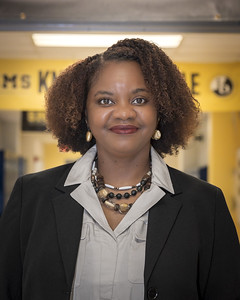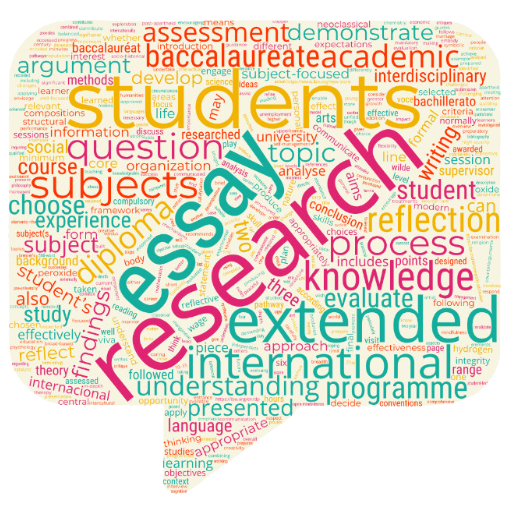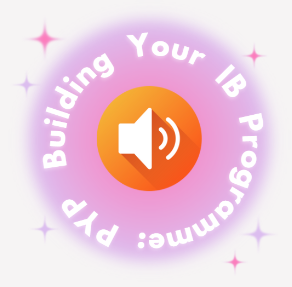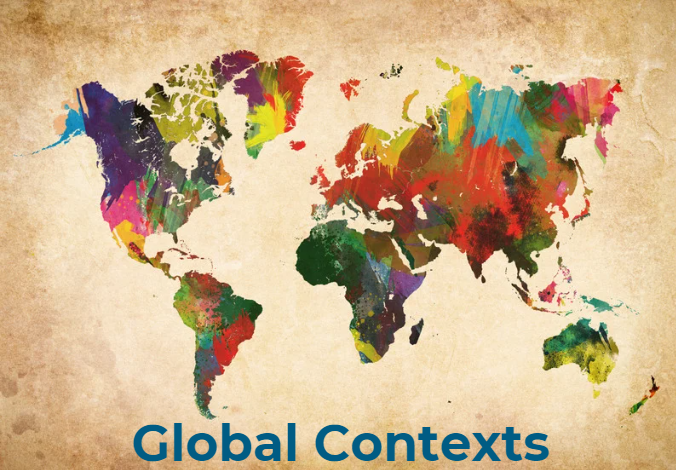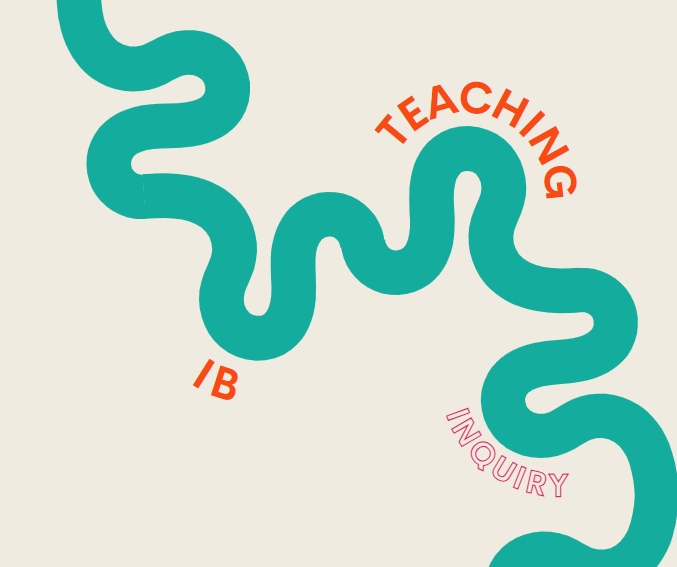“Learning without reflection is a waste. Reflection without learning is dangerous.”
This timeless wisdom from Confucius, one of the most influential philosophers in history, speaks to a truth deeply relevant to today’s evolving educational environment. Reflective learning is a critical skill that empowers students to absorb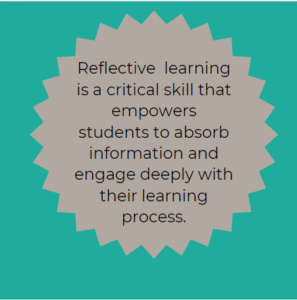 information and engage deeply with their learning process. Imagine a student who doesn’t just memorize facts but regularly asks, “How did I learn that? What could I have done better?” Creating this habit of thoughtful reflection can transform how learners approach their learning, fostering continuous improvement and personal growth.
information and engage deeply with their learning process. Imagine a student who doesn’t just memorize facts but regularly asks, “How did I learn that? What could I have done better?” Creating this habit of thoughtful reflection can transform how learners approach their learning, fostering continuous improvement and personal growth.
What is Reflective learning? IB Learner Profile Traits
Reflective learning is thinking about how you learn. It is a process done independently or collaboratively with others.
The IB learner profile is at the heart of the International Baccalaureate (IB) programme, which is described as the IB mission statement in action. The learner profile comprises of ten traits that produce well-rounded, globally conscious, compassionate, and reflective students. IB learners strive to be inquirers, knowledgeable, thinkers, communicators, principled, open-minded, caring, risk-takers, balanced, and reflective. Reflection, in particular, allows students to see beyond themselves and their immediate environment, helping them understand their role in a global context.
In this post, we will explore the role of reflection as a core element of the IB Learner Profile traits and examine how cultivating a reflective mindset can ignite more profound, more meaningful learning experiences for students across all disciplines. Let’s dive in and discover how reflection shapes the path to becoming lifelong learners!
The Role of Reflective Learning in IB Education
Reflective learning supports critical thinking and personal growth among IB learners by encouraging them to be inquirers and thinkers so they can delve into their learning experiences and think critically about their progress, decisions, and understanding. It is woven into the fabric of IB education across all programmes: the Primary Years Programme (PYP), the Middle Years Programme (MYP), the Diploma Programme (DP) and the Career-Related Programme (CP). It challenges students to look beyond surface-level knowledge and understand their role as active learners in a complex, interconnected world. Reflection is a key element in all the IB projects.

- In the PYP Exhibition, students reflect on their research process and growth as learners.
- In the MYP Personal Project, reflection guides students through planning, executing, and evaluating their projects.
- The CP Reflective Project encourages critical thinking, personal analysis, and reflection on real-world problems.
- For the DP CAS (Creativity, Activity, Service), students must reflect on their experiences and develop collaboration skills, perseverance, and ethical responsibility.
IB students are also encouraged to reflect on their learning by regularly assessing their progress in embodying the learner profile traits and the approaches to learning (ATL) skills, such as collaboration and self-management. This ongoing reflection fosters student action and agency, preparing students for real-world experiences.
Reflection is also embedded in the DP Theory of Knowledge (TOK) course and the Extended Essay (EE). TOK requires students to reflect on the nature of knowledge itself—how we know what we know—while the EE involves reflecting on the research process, ensuring that students understand the significance of their learning journey. These reflective practices cultivate open-mindedness, curiosity, and the ability to view problems from multiple perspectives.
Signs of a Reflective Learner
An IB learner strives to be reflective. According to the IB, a reflective learner “thoughtfully considers the world and our ideas and experience…work to understand our strengths and weaknesses to support our learning and personal development.”
Signs of a reflective learner can be:
Self-Awareness:
They regularly evaluate their strengths and areas for improvement, dedicate time to reflecting on their learning experiences, enhance their learning journey, and deepen their understanding of their capabilities.
Open-Mindedness:
They remain open to diverse perspectives and constructive feedback and recognize that learning is an ongoing journey. Collaborating with others and actively listening to their insights can significantly enrich understanding and expand thinking.
Critical Thinking:
They are not afraid to question assumptions and challenge ideas and go beyond simply accepting information at face value, seeking to understand the why and how behind concepts.
Goal-Oriented:
They set personal goals and reflect on their progress toward these goals, adjusting their strategies as needed to achieve them. An article in Education Week highlights that a study “found that 11,000 students at 62 schools trying personalized-learning approaches made greater gains in math and reading than similar students at more traditional schools. The longer students experience “personalized-learning practices,” the greater their achievement growth.
Adaptive:
They are adaptable and use past experiences to improve future outcomes. They recognize mistakes as learning opportunities and are willing to change their approaches based on their learning.
Curious and Inquisitive:
They are curious and ask deep questions, constantly seeking to expand their knowledge and understanding.
Feedback Utilization:
They actively seek feedback and use it constructively, recognizing its value in helping them grow academically and personally.
Strategies for Fostering Reflective Learners
Educators play a crucial role in fostering reflective learning. Here are a few research-based teaching methods that encourage reflective thinking:
- Project Zero’s Thinking Routines foster reflective learners by encouraging students to think critically and deeply about their learning. These routines, such as “See-Think-Wonder” or “Think-Puzzle-Explore,” help students slow down their thought processes, ask meaningful questions, and reflect on their ideas and experiences. By guiding students through structured thinking patterns, they become more self-aware, learn to consider multiple perspectives, and actively engage in metacognition.
- The SEAL Reflection Method guides students to reflect on Situations, Effects, Actions, and Learning outcomes from their experiences. It fosters deep learning by asking students to think critically about their actions and outcomes.
- The 5Rs of Reflection model encourage students to move through stages of Reporting, Responding, Relating, Reasoning, and Reconstructing their experiences, which helps deepen their reflective thinking and critical analysis.
To cultivate reflection, it is important to create a classroom atmosphere that values curiosity, self-assessment, and growth. This involves fostering an open dialogue where students feel comfortable asking questions, sharing insights, and reflecting on their learning.
Reflective Practices for Students
Some examples of reflective practices for students are: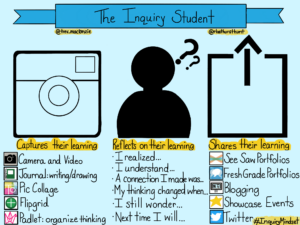
- Journaling and ePortfolios: Encourage students to keep a reflective journal where they document their learning experiences, challenges, and progress. This helps them track their growth over time and identify areas for improvement.
- Peer Feedback Sessions: Create opportunities for students to give and receive feedback from their peers to promote reflection on their work and encourage collaborative learning.
- Goal Setting and Self-Assessment: Guide students in setting personal learning goals and evaluating their progress regularly to empower them to take ownership of their learning journey.
Challenges and Solutions in Reflective Learning
A reflective learner demonstrates principled behavior and a willingness to take risks in their learning. However, maintaining an open mind and being an effective communicator is crucial for nurturing a reflective mindset. While reflective learning is invaluable, it comes with challenges. Some students may struggle with self-assessment or be resistant to or uncomfortable receiving feedback. To support students with leaping over these hurdles and cultivate a reflective mindset, educators can:
- provide structured reflection prompts to guide students in thinking critically about their learning experiences.
- create a supportive classroom environment where feedback is viewed as a tool for growth, not criticism.
- incorporate various digital tools to suit different learning styles and make reflection more engaging.
- model reflective practices to show students how to analyze their experiences critically.
- infuse consistent, dedicated time for meaningful reflection.
- offer constructive feedback as a tool for growth rather than criticism to guide deeper reflection and improvement.
Reflective Learning Success Stories
Across IB schools worldwide, reflective learning practices have empowered students to become more engaged, self-aware, and prepared for college, career, and life.
According to research conducted by the IB: “Both students and coordinators reported a range of impacts of student participation in CAS, including helping students to develop an ethic of service; become more caring, open-minded and reflective; and develop more self-confidence and maturity.” (Billig 2013).
A study of “reflection” in the IB DP revealed that “despite the challenges of encouraging students to be reflective thinkers, teachers, and administrators agreed that “reflective” was “one of the most important attributes” for the academic and social development of their DP students.
 Tools and Resources for Reflective Learning
Tools and Resources for Reflective Learning
In addition to those previously mentioned, here are a few more tools and resources to support reflective learning in the classroom. Remember, we are also reflective learners!
5 Activities That Promote Reflection in the Classroom
Strengthening Your Teacher Identity
Continuing the Reflective Journey Beyond the Classroom
As a critical component of the IB Learner Profile, reflective learning empowers students to take charge of their educational journey, preparing them to become knowledgeable and caring global citizens who can help create a better and more peaceful world. Reflective learning doesn’t end in the classroom. It’s an essential lifelong skill that students and educators can carry into their everyday lives. Routine reflection on goals, actions, and decisions, builds the resilience and adaptability needed to thrive in this ever-changing world.
Explore more resources about the learner profile, or join one of CASIE’s events or IB Workshops to deepen your understanding of reflective practices.

